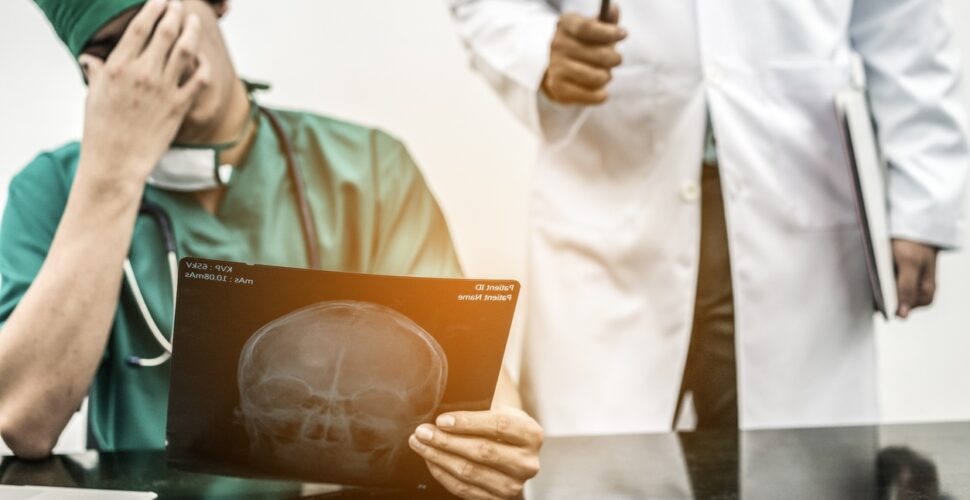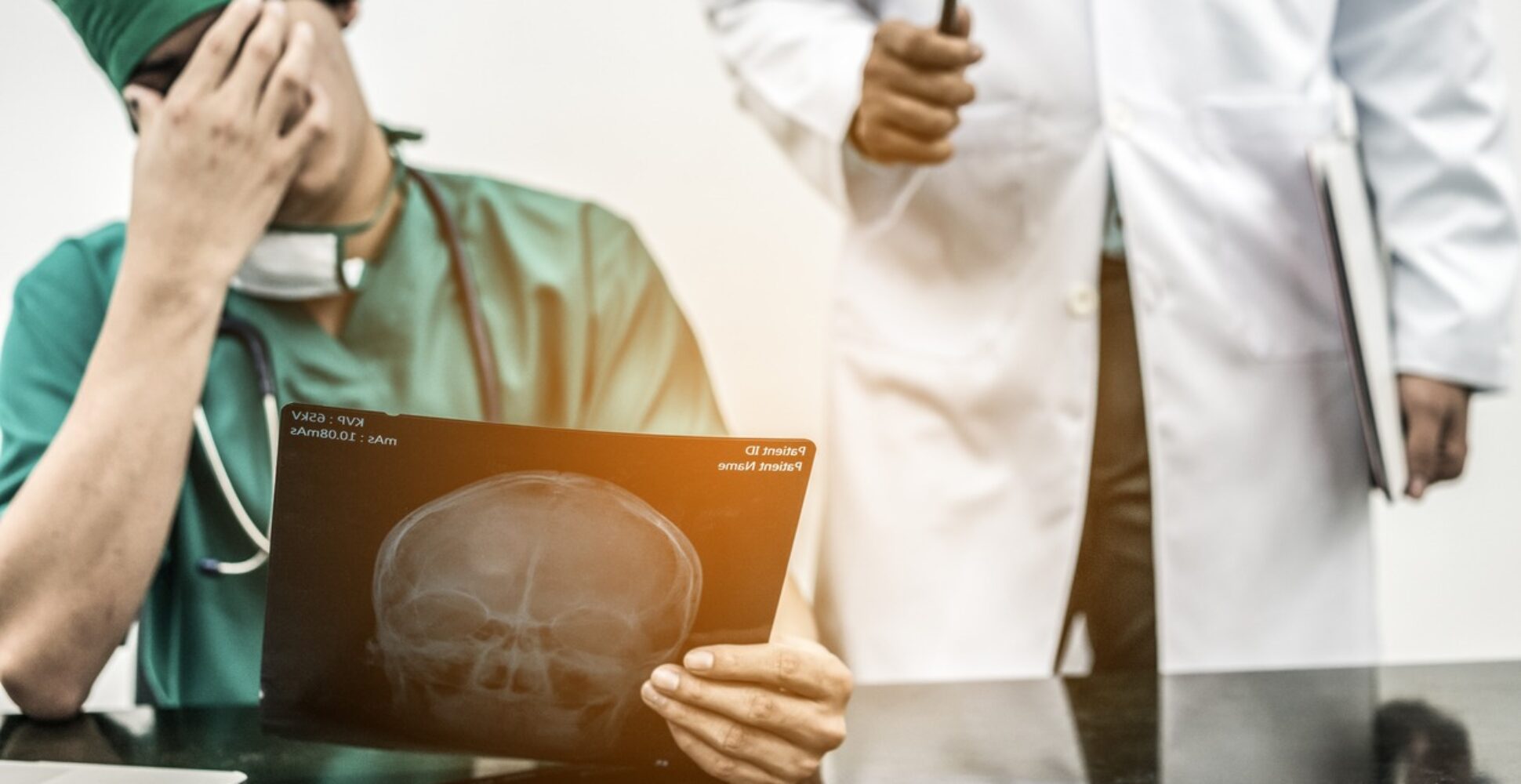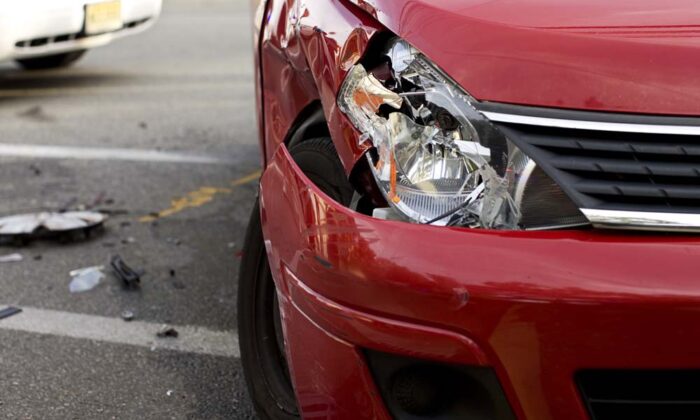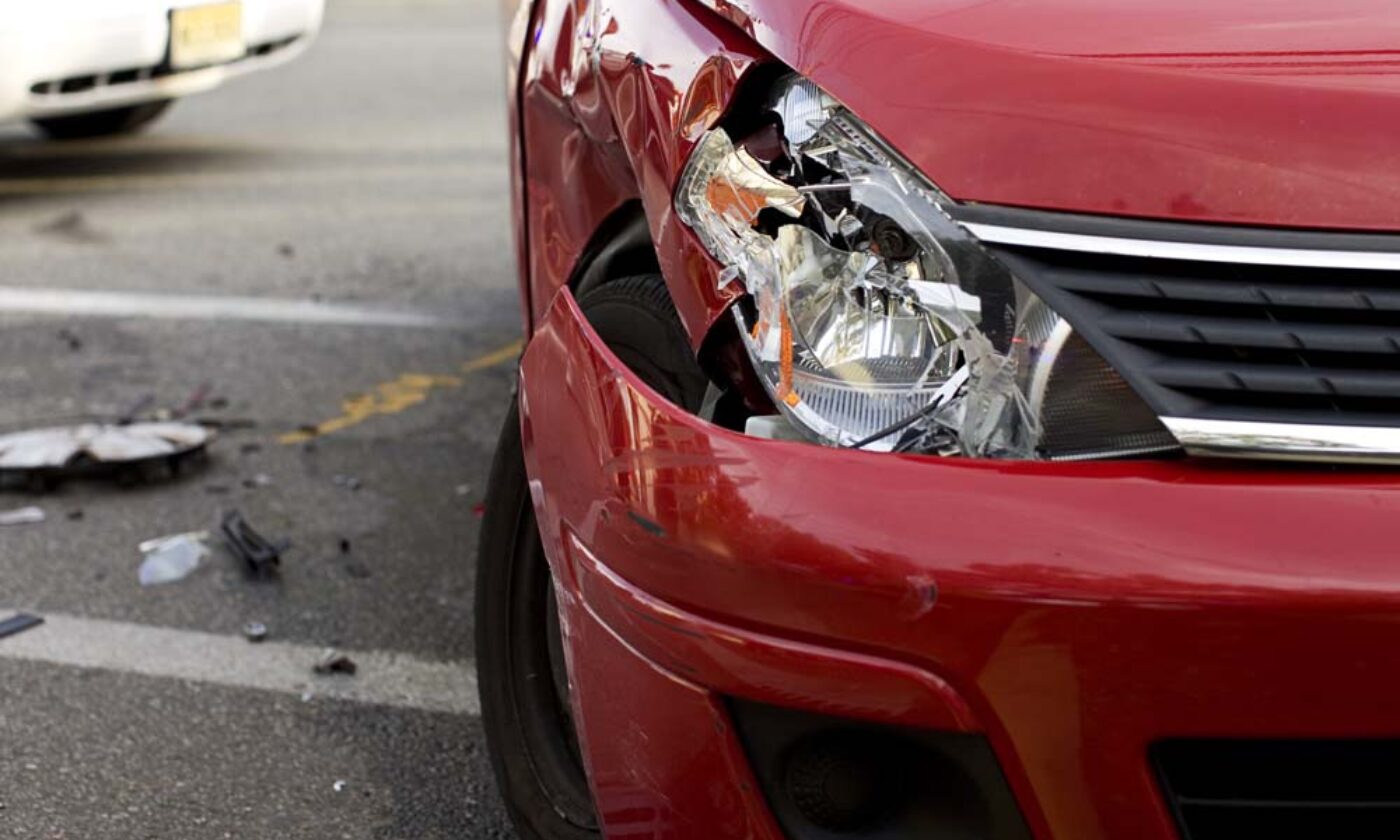Medical Negligence
How to prove medical negligence in Australia


Doctors are one of the most trusted professions in the world. For this reason, the relationship that they and other medical professionals have with their patients, the law says, is deserving of a higher standard of care than that which is owed to an individual by other members of the general public. The special skill of professionals also contributes to this higher standard of care that is owed to ensure the wellbeing of their patients.
Medical negligence, part of the broader civil liability field of law, is when a medical professional has breached this responsibility and this breach has caused real damage, usually physical injury.
Elements of a medical negligence claim
Much like making a successful public liability claim, there are certain elements that must be satisfied before your claim can be successful and before you could be awarded compensation in a court.
- A duty of care existed (doctor-client relationship will usually satisfy this)
- This duty of care was breached by a positive act or a failure to do something
- You suffered harm as a result of that breach of responsibility
How hard is it to prove medical negligence?
Being able to prove the requisite causal connection between the breach of duty of care and the harm that was suffered is key to many medical negligence claims.
Breach of duty of care
Proving that a breach of duty of care occurred in the first place is difficult as the burden is on you (the patient) to show this has happened. Furthermore, the Peer Professional Opinion defence means that professionals can defend their claim if their conduct has been endorsed by a body (not necessarily a majority) of their peers.
Standard of care
Essentially, if your doctor or treating medical professional acted in a way that “was widely accepted in Australia by peer professional opinion as competent professional practice” (s 5O, Civil Liability Act 2002 (NSW)), so long as the court doesn’t consider the practice “irrational”, then there is no liability for medical negligence.
Separately, the courts have also considered whether a medical professional’s failure to warn of certain risks qualifies as medical negligence. A person, especially with regards to elective surgery, is entitled to make informed decisions about their own life and therefore must be warned of “material risks” – those which are likely to be of concern to the patient. A failure to warn of a particular risk (where subsequently that particular complication actually occurs) may be grounds for a medical negligence claim.
Causation in medical negligence
Even after you have proven negligence, you must still show causation. That is, that but for the negligence the injuries you have suffered would not have occured. Again, this is not as easy as it seems.
Healthcare practitioners, hospitals and insurers will often state that your injury is a result of an underlying illness or medical condition – that is, a pre-existing condition. Therefore, it can be tricky to prove that you would have had a better outcome if the doctor had acted differently.
A successful medical negligence claim must meet the following two criteria:
- The “but for” test: If the negligent act or omission didn’t occur, then the harm would not have occurred.
- Scope of liability: A breach of the duty is established but should the medical professional be held legally liable for the damage?
This last factor involves looking at the degree of connection between the breach and injury and will often include an evaluation of policy concerns.
Start your medical negligence claim today
Medical negligence law is a complicated area. LHD Lawyers help everyday Australians receive the benefits they are entitled to. We are so sure of our abilities to win your case that we stand firmly by our No Win No Fee Policy. Explore our recent medical negligence payout wins, contact us today or call 1800 455 725 to arrange a consultation.
Author: Stephen Morgan
Original Publish Date: October 6, 2020
Last Updated: April 12, 2024

Check if you’re eligible or get free claim advice now



